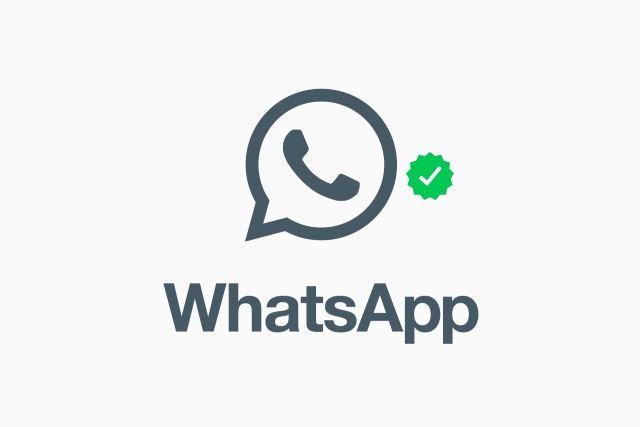
Verified accounts are coming to WhatsApp
On various social media platforms, attaining a verified account is a major goal for users. It's something that's been available on Facebook for a while, and Twitter users from all walks of life are able to apply for verification. Soon to be added to this list is WhatsApp.
The messaging app -- owned by Facebook -- has not only started to verify certain business accounts, but is also planning to release a standalone app that will allow companies to chat with customers.
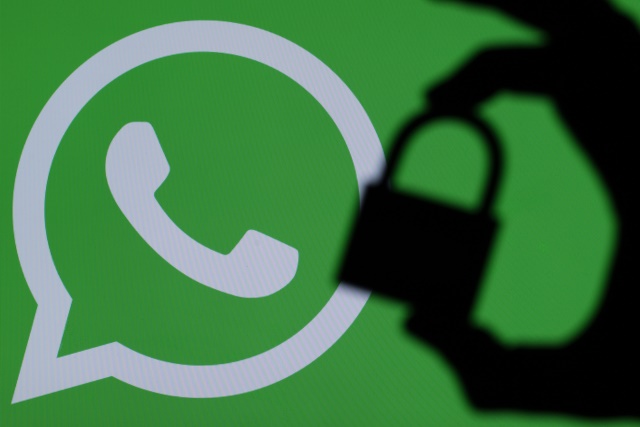
UK Home Secretary supports back doors while claiming 'real people' don't need end-to-end encryption
Amber Rudd, the UK Home Secretary, has claimed that "real people often prefer ease of use and a multitude of features to perfect, unbreakable security." Rudd holds the Conservative government's belief that it should be able to access encrypted messages, even when end-to-end encryption is used, such as with WhatsApp.
Using terrorism as a justification for wanting to gain access to encrypted messages, she goes on make extraordinary and misguided claims about what she and the government want. Her bizarre and misinformed rant in the Daily Telegraph is deeply concerning, not only because of the implications her suggestions have on privacy, but also the lack of technical knowledge she demonstrates while making her claims and demands.
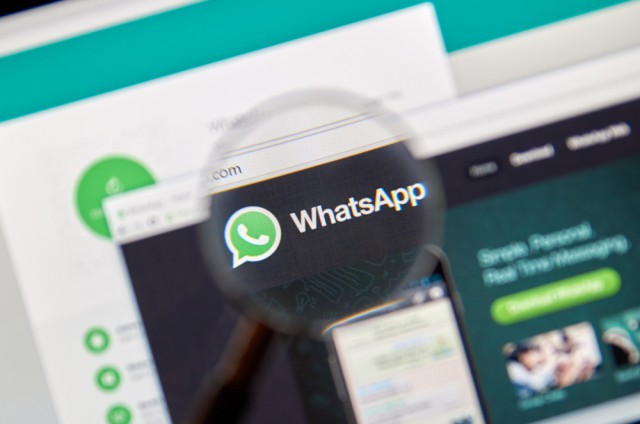
WhatsApp has 1 billion daily users
WhatsApp is slowly but surely strengthening its position in the messaging space, now boasting one billion daily users. It joins a very select club that includes parent company Facebook.
WhatsApp has also seen a significant increase in the number of monthly users. It has 1.3 billion monthly users, 300 million more than early last year when it broke the one billion monthly users mark.

WhatsApp finally lets you send any type of file
WhatsApp is now rolling out a new update for its messaging app that finally gives users the ability to send any type of file that they want. This feature was first seen in the beta channel last month.
That means that, among other types of files, users can now share items with extensions like APK (Android apps), DOC (Word files), XLS (Excel files), and so on. It is not the only change in the latest version of WhatsApp though.

EFF's latest privacy report criticizes Amazon and WhatsApp over policies that 'fall short'
The Electronic Frontier Foundation has published the latest edition of its "Who has your back" privacy report. This is the seventh report from the digital rights group, and this year it criticizes both WhatsApp and Amazon for having policies that "fall short of other similar technology companies."
Four big telecom companies -- AT&T, Comcast, T-Mobile, and Verizon -- performed very poorly, while at the other end of the scale Adobe, Credo, Dropbox, Lyft, Pinterest, Sonic, Uber, Wickr, and WordPress were all praised. In all, the report rates 26 technology companies in five key areas relating to privacy and government data requests: "Follows industry-wide best practices," "Tells users about government data requests," "Promises not to sell out users," "Stands up to NSL gag orders" and "Pro-user public policy: Reform 702."
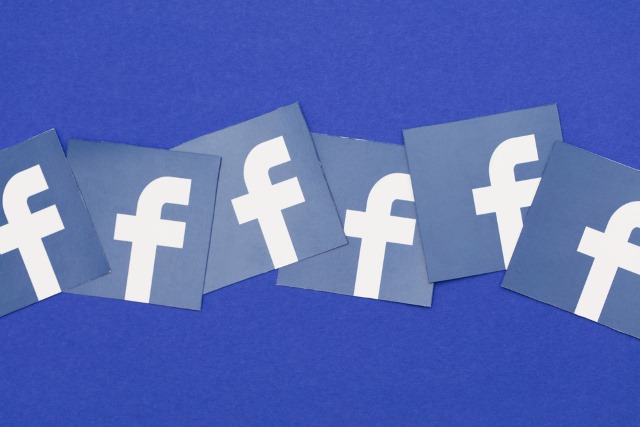
Facebook hit with massive fine for providing misleading information about WhatsApp takeover
The European Commission has hit Facebook with a €110 million ($122 million) fine for "providing misleading information about WhatsApp takeover". The Commission previously expressed concern that the social media giant had not correctly communicated planned changes to its privacy policy.
The changes meant that Facebook was able to match data gathered from WhatsApp users to their Facebook account, even though the company said this was not the case. The "proportionate and deterrent fine on Facebook" is designed not only to punish Facebook, but also to send a message to other companies involved in mergers and acquisitions.
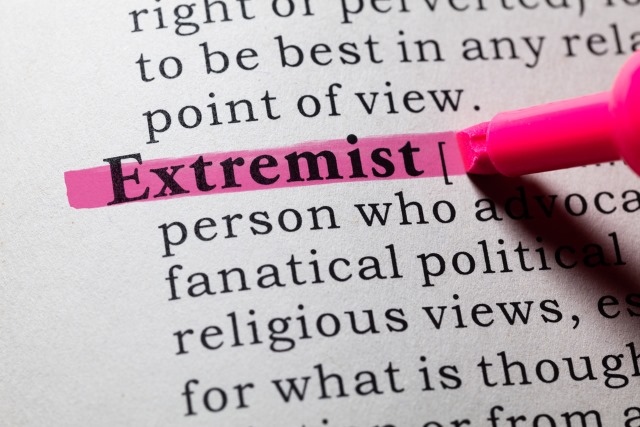
Microsoft, Google, Twitter and Facebook to work with UK government to tackle extremist content
Following UK home secretary Amber Rudd's suggestion that encrypted messaging service WhatsApp was 'a secret place to hide' for terrorists, four major technology companies met with the minister to discuss the removal of extremist material from websites and social media.
Microsoft, Google, Twitter and Facebook met with Rudd amid calls from civil liberties groups for greater transparency. Following the meeting, senior executives from each company signed a statement indicating that they are ready to work with the government to tackle the problem. The matter of backdoors into encrypted apps and services, however, remained off the table.

Calls for transparency as UK government meets technology firms to discuss encryption and privacy
The UK Home Secretary Amber Rudd is today meeting with technology firms to discuss how they can help to combat terrorism. The meeting comes just days after Rudd said that encrypted messaging services such as WhatsApp should not be a "secret place to hide."
Calls for backdoors to be built into encrypted apps and services have been met with shock, derision and incredulity, but some have pointed out that the controversial Investigatory Powers Act (aka the snooper's charter) already grants the government the right to force the removal of encryption. Ahead of the Rudd's meeting, civil liberty organizations have written a letter demanding transparency.
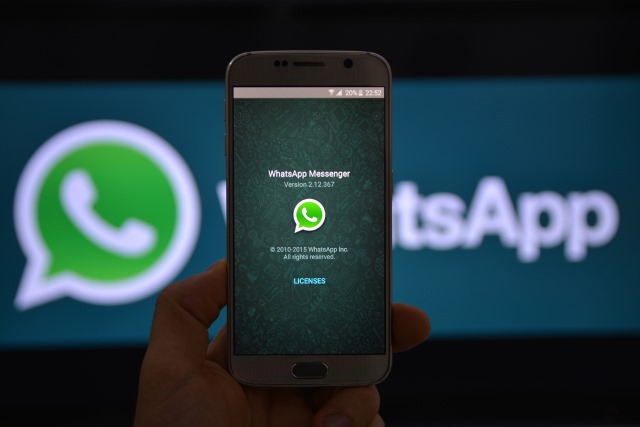
Encrypted messaging service WhatsApp criticized as 'a secret place to hide' for terrorists
WhatsApp has been criticized for failing to help police following the revelation that Khalid Masood used the encrypted messaging service shortly before running down numerous people and stabbing a policeman to death in London last week.
The UK home secretary Amber Rudd spoke out over the weekend, saying that police and other agencies should be granted access to encrypted messages with a view to countering future terrorist attacks. Later this week, Rudd is due to meet with technology leaders to talk about how the government should be able to access messages protected by end-to-end encryption -- something already dropped from the controversial snooper's charter.
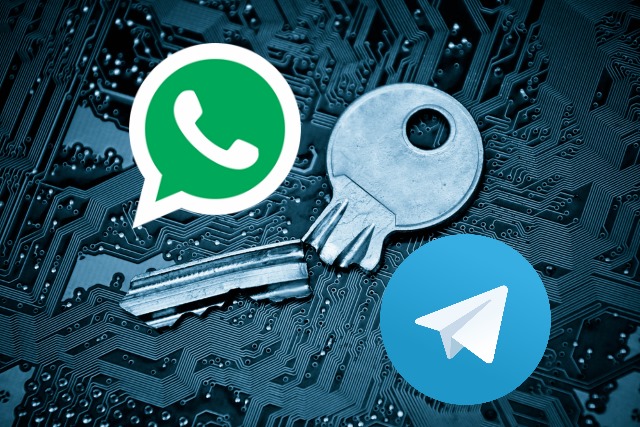
End-to-end encryption exploit left WhatsApp and Telegram vulnerable to hackers
When WikiLeaks' Vault 7 revelations about the spying capabilities and techniques were unleashed, there was concern about a number of popular apps and services that -- the documents suggested -- had been compromised. Included in this list are popular, secure chat apps WhatsApp and Telegram, and Check Point software has just released details of a vulnerability that left millions of user accounts exposed to hackers.
Google was recently criticized for releasing details of a security hole in Windows (and, subsequently another one in Internet Explorer and Microsoft Edge) before Microsoft had patched it. In fact, it was a third party who jumped to the rescue, issuing patches before Microsoft. This time around, however, after notification of the problems from security firm Check Point, WhatsApp and Telegram both patched the security holes within a week.
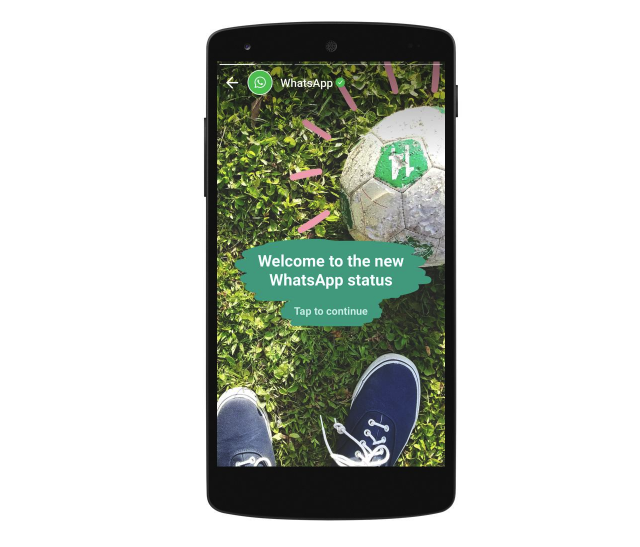
WhatsApp updates statuses with Snapchat-inspired functionality
Messaging apps are not just about chatting these days. Every player that counts wants to bring something extra to the table to keep users hooked and attract new ones in the process. WhatsApp is no different, as it is now rolling out an updated status feature that lets users share more than just basic messages.
"We are excited to announce that, coinciding with WhatsApp's eight birthday on February 24, we are reinventing the status feature", says WhatsApp CEO Jan Koum. The update gives users the option to also share photos and videos.

WhatsApp adds two-step verification -- here's how to enable it
It has been a little while coming, but WhatsApp is finally rolling out support for two-step verification to its messaging app.
The extra layer of security means that it is now more difficult to gain unauthorized access to an account, and it is a feature that is being made available to iOS, Android and Windows users. With the feature enabled, if you -- or anyone else, for that matter -- tries to verify your phone number on WhatsApp, you -- or they -- will have to provide the 6-digit passcode you create.

WhatsApp's security flaw has legal implications
Earlier this month there was widespread reporting in both the tech and mainstream media of the discovery of a potential security vulnerability in Facebook's WhatsApp messaging service. Coverage of the likely flaw, which was reportedly discovered by researchers at Berkeley University in California, was a blow to Facebook given that WhatsApp places privacy and security at the heart of its service by providing end-to-end encryption of user's messages and photos, preventing third parties including its own staff from accessing them.
In a nutshell the potential security flaw would theoretically allow WhatsApp to intercept some users' messages, which would appear to them to be encrypted. This has resulted in considerable speculation that government agencies could exploit this vulnerability as a means of covert surveillance, by targeting specific individuals' messages or on a bulk extraction basis.
WhatsApp update will allow users to track a contact's location in real time
Facebook-owned WhatsApp was in the headlines recently because of concerns over the way it implemented end-to-end-encryption. Analysis of a beta version of the chat app showed that there seem to be plans to introduce message editing and deletion options, and new reports suggest that real-time location tracking could also be on the cards.
As reported by the Independent, version 2.16.399 of WhatsApp for Android and version 2.17.3.28 for iOS include a feature called Live Location Tracking. It's an option designed to make it easier to meet up in the flesh, but it's also something that will be of concern for privacy advocates.
WhatsApp beta shows message editing and recalling options
Two features that are requested of messaging apps -- but found in very few -- are the ability to delete messages, and the ability to edit them. There could be good news on the horizon for WhatsApp users as the latest beta of the app includes references to precisely these two features.
While controversial to some, many users would welcome the option to edit messages that include typos, or to recall messages that were fired off in haste. Although references to both options have been found in WhatsApp beta 2.17.25, neither are currently active.